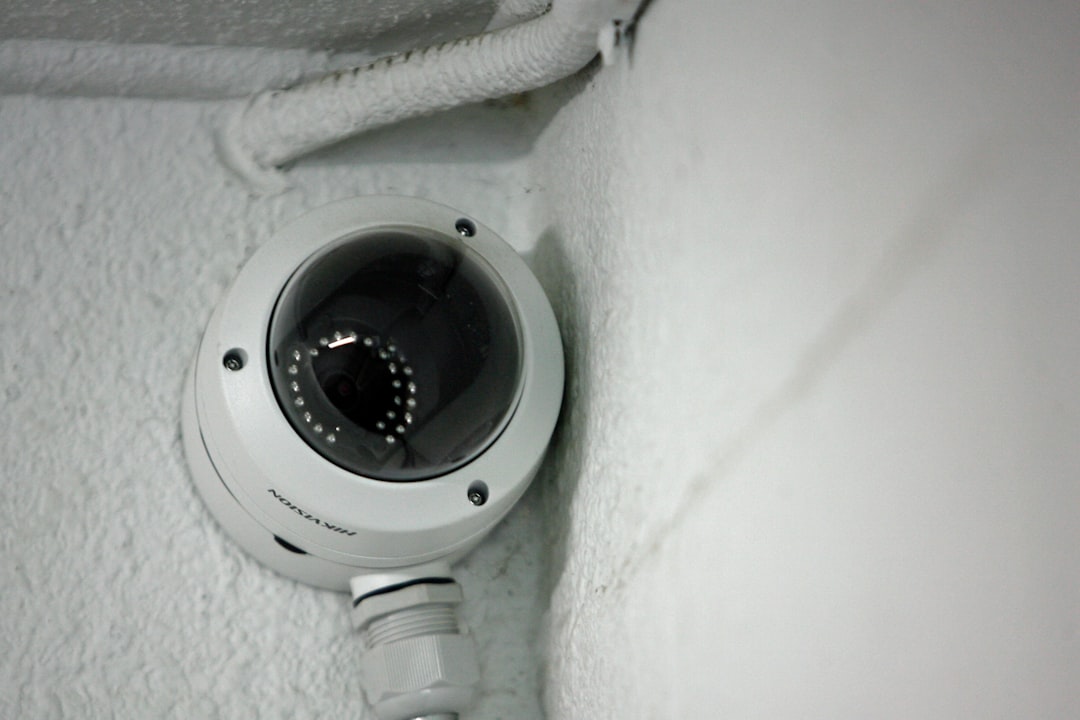Aviation technology has come a long way since the Wright brothers took their first flight over a century ago. From propeller-driven airplanes to supersonic jets, the evolution of aviation technology has been nothing short of remarkable. As we look towards the future, we can expect even more exciting advancements that will continue to revolutionize the way we travel by air.
One of the key areas that will drive the future of aviation technology is sustainable aviation. With concerns over climate change and carbon emissions on the rise, the aviation industry is under increasing pressure to find greener alternatives. Electric and hybrid aircraft are already in development, promising to significantly reduce emissions and noise pollution. These innovations will not only benefit the environment but also make air travel more cost-effective in the long run.
In addition to sustainability, advances in artificial intelligence and automation are set to transform the way aircraft are designed and operated. From autonomous drones to self-flying planes, AI technology is paving the way for safer and more efficient flights. By reducing the margin for human error, these advancements will increase the overall safety of air travel and improve the passenger experience.
Flight schools will play a crucial role in training the next generation of pilots to operate these technologically advanced aircraft. As aviation technology continues to evolve, the skills required to fly a plane will also change. Flight schools will need to adapt their curriculum to incorporate training on new systems and technologies, ensuring that pilots are equipped to handle the challenges of the future.
Furthermore, the rise of virtual reality and simulation technology will revolutionize pilot training. Virtual reality simulators offer a realistic and immersive training experience, allowing pilots to practice maneuvers and emergency procedures in a safe and controlled environment. This technology will not only make training more efficient but also more cost-effective, as students can gain valuable experience without the need for expensive real-world flight hours.
On the commercial side, advancements in aircraft design and engineering will make air travel faster and more comfortable. Supersonic jets and next-generation aircraft like the Boeing 777X will offer passengers unprecedented levels of comfort and luxury. These innovations will transform the way we think about air travel, making long-haul flights more accessible and enjoyable for everyone.
In conclusion, the future of aviation technology is bright and full of exciting possibilities. From sustainable aircraft to AI-powered systems, the industry is on the brink of a technological revolution that will reshape the way we fly. Flight schools will play a key role in preparing the next generation of pilots for this future, ensuring that they are ready to embrace the challenges and opportunities that lie ahead. As we look towards the sky, we can only imagine what incredible innovations await us in the world of aviation.









